Faculty Roundtable: Civil Discourse
From across disciplines, faculty discuss what it means to communicate with each other with respect.
Faculty Roundtable: Civil Discourse
From across disciplines, faculty discuss what it means to communicate with each other with respect.
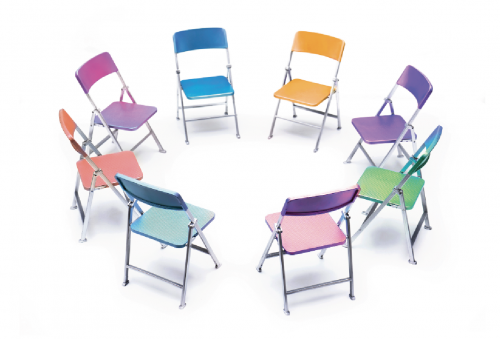
Illustration by Getty Images | CORDELIA MOLLOY
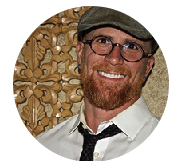 J. Sage Elwell
J. Sage Elwell
Associate Professor and Chair of Religion
AddRan College of Liberal Arts
As a professor of religion, I promote civil discourse by encouraging students to critically reflect on their own beliefs and to be prepared to bracket those beliefs when considering the beliefs of others. People sometimes assume that the religion department here at TCU is a place for faith formation, and while it can be, it is better understood as a place for critically exploring how humans create and engage ultimate meaning. This is why the department’s motto is “Major in Meaning” — and this demands civil discourse.
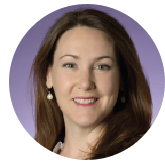 Melissa Schroeder
Melissa Schroeder
Associate Professor and Chair of Communication Studies
Bob Schieffer College of Communication
Curiosity, humility and respect are important foundations for creating shared understandings about differences. I’m fortunate to work with colleagues who model this well, and I’ve also benefited from professional development opportunities (e.g., Crucial Conversations and mediation training) that have helped me become a better listener and question-asker. Even in situations where there are strong disagreements, I know I need to look for what we can agree on as well. Mutual purpose and mutual respect can accomplish a lot.
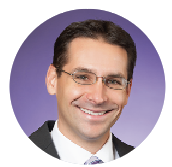 Matt Chumchal
Matt Chumchal
Professor of Biology and Director of the Pre-Health Professions Institute
College of Science & Engineering
By being radically open to the possibility that your understanding may be incomplete, that you may not have the moral high ground, that your perspective may be narrower than you realize, that your circumstances may bias your perception and that it’s OK to change your mind.
 Robert Rhodes
Robert Rhodes
Professor of Professional Practice in Management and Leadership
It’s nearly an article of faith that Americans have lost their ability to engage each other in a civil manner. While I’m neither wise enough nor influential enough to fix that larger problem, I am not completely powerless. In my classes, I can help students try to develop the humility, inclination and intellectual curiosity it takes to be open to the opposing point of view. That’s at least a start.
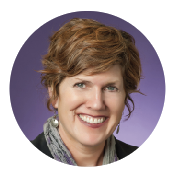 Karen Steele
Karen Steele
Associate Vice Provost and Dean
School of Interdisciplinary Studies
As a media historian, I think about civil discourse over time and across cultures. I’ve learned that there may be significant cultural differences in how each of us engage in debate. Race, class, gender, education and nationality, for example, frequently inform how we communicate and how we respond to one another. I always begin by considering audience: What motivates them? What kinds of evidence will be trusted? What values do we share?
 Todd Castleberry
Todd Castleberry
Lecturer of Kinesiology
Harris College of Nursing & Health Sciences
As a kinesiology faculty member, I engage in civil discourse by asking students about their professional and personal opinions on fad programs and myths. Many ideas show up in the media, and discussing them in class is part of understanding why they exist. I’m always surprised at how well our students can openly converse about certain topics, using both testimonials and scientific literature to learn more.
 Andrew Ryder
Andrew Ryder
Honors Adjunct Faculty
Some of my courses address religion and politics, so civil discourse is a practice that we cultivate. I’ve found that it’s important to learn that we can express disagreement and that we can work to persuade one another of our views; it’s not always helpful to treat beliefs as fixed convictions. We also examine the ways that controversies have played out in geographically diverse areas; we’re able to engage with certain questions with fewer preconceptions.
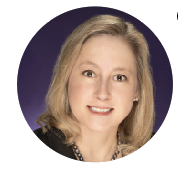 Jan Lacina
Jan Lacina
Professor of Literacy
Civil discourse is essential in understanding others’ perspectives — and in a global society civil discourse is a means to promoting peace. As a new teacher more than 25 years ago, I taught my young second graders how to model civil discourse, and I still find these skills important and relevant to all ages of learners.
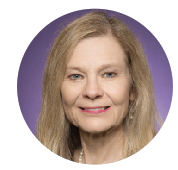 Edith Riley-Peinado
Edith Riley-Peinado
Visual Resources Librarian and Instructor of Art History
I engage in civil discourse by listening to the ideas and opinions of others and responding respectfully while also expressing my views. There is no place for name-calling or personal attacks. In a classroom environment, civil discourse occurs when students share different points of view calmly and constructively. As a teacher, I try to create a classroom environment that encourages civil discourse and thus enhances the learning process.
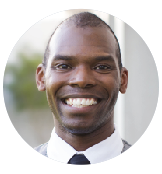 Brian Dixon
Brian Dixon
Assistant Professor of Psychiatry
TCU and UNTHSC School of Medicine
Civil discourse starts first with thinking before you speak and second with knowing that the other person feels as strongly about their views as you feel about your own. I practice civil discourse by asking open-ended questions. I seek to understand. Even if I don’t agree, I hope the other person feels heard.

Your comments are welcome
Comments
Related reading:
Campus News: Alma Matters
Faculty Discuss Recipe for a Good Leader
Global thinking to intentional servitude – eight faculty talk about leadership.
Campus News: Alma Matters
Faculty Describe Delightful Days
What constitutes a Great Day?
Campus News: Alma Matters, Research + Discovery
Faculty from Other Disciplines Use Liberal Arts
How do you merge the liberal arts with your curriculum?